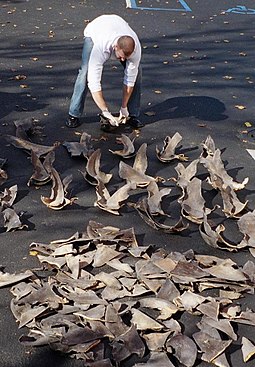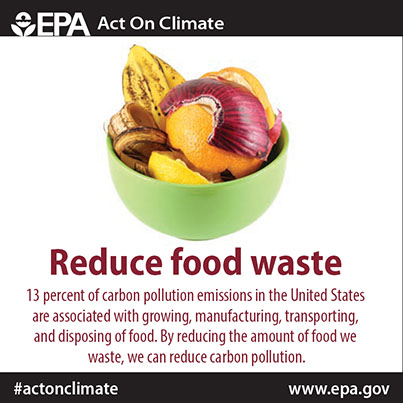
Single use surfboards!?
We’ve been looking at problems we face on our planet and most recently have been looking into waste. I was reminded of a Yogi Bear cartoon I saw decades ago in which the gang visited a tropical island whose lone inhabitant treated it like a land of plenty. On Mr Waste’s island, the wastefulness is over-the-top. Yogi’s gang are expected to throw things away after using them only once or after consuming just a small amount. For example, they will eat just one bite of a banana & throw the rest away. They are told to get a new surfboard after riding just one wave on the old one and to get new clothes after wearing (or even just trying on) an outfit once. It is SO bad, and seems SO unrealistic that it is absurd. It’s silly. It makes us groan, roll our eyes, & laugh. It’s ludicrous. No one would actually be so ridiculously wasteful.
Yet, here are some ways that real people in the real world are wasteful in ways that are EVEN WORSE than what seemed like absurdly silly examples used to demonstrate a simple (and seemingly obvious) moral lesson in a cartoon:
- shark finning (cutting the fins off live sharks to sell for a profit, tossing the rest of the dying animal into the ocean, and destroying the balance of ocean ecosystems by removing a top predator https://science.sciencemag.org/content/315/5820/1846; http://therevolutionmovie.com/index.php/open-your-eyes/overfishing/intro/ )

- leaving nearly half of the celery a farmer grows on the ground so that what goes to the grocery store will fit in the PLASTIC bags used by the company buying it from the farmer. http://www.foodwastemovie.com/video/
- being fussy about what produce looks like in the store. People who grow their own vegetables are likely to marvel briefly at the sometimes oddly-shaped vegetables their plants may produce before chopping them up to be eaten. At the store, shoppers scour the large piles of produce for perfect specimens to spend their money on. Not only does this mean that imperfect fruit & vegetables in the store won’t be purchased (& will likely be thrown out), but in this way WE CONSUMERS tell the stores to tell the farmers not to even send imperfect produce to the store because we won’t buy it. WE are thus telling farmers to use more resources (water, land, fertiliser…) so they can grow so much produce that the fraction of it that looks perfect will be enough to meet our demand (never mind all the perfectly good food that will be thrown away or the water & labour that will have been used for nothing).
- monoculture farming. To make farming efficient by getting a large crop using the least labour, we plant huge fields of just one variety of plant. This depletes soil, requiring extra fertiliser. The concentration of one type of plant attracts large numbers of critters that like to eat them, which leads to widespread use of large quantities of pesticides to protect farmers’ crops (and profits), which is leading to the depletion of insect species, reduction of biodiversity, and is threatening the survival of pollinators like bees on which we depend for a third of the food we eat! Those pesticides & fertilisers also end up getting washed into waterways & oceans where they affect those habitats & ecosystems and are significantly responsible for ocean acidification.
- not walking. pollution leading to ocean acidification threatening life in the oceans including zooplankton on which we depend for oxygen.
- shopping. overpackaging (use of resources, unnecessary waste, plastic), buying new (transportation, shipping, pollution, unnecessary deman
Can you find more ways we are being wasteful?

